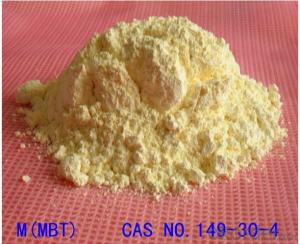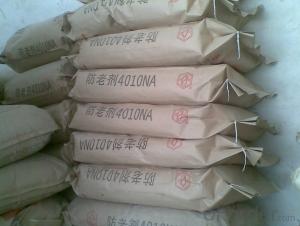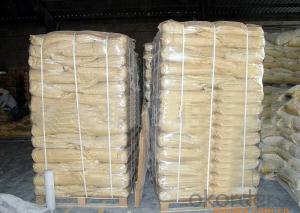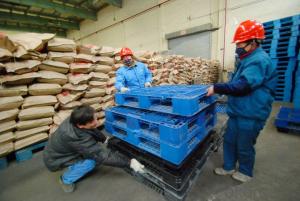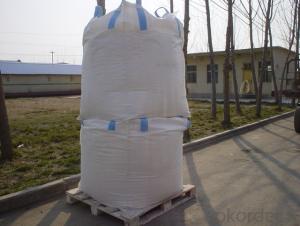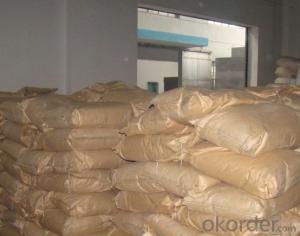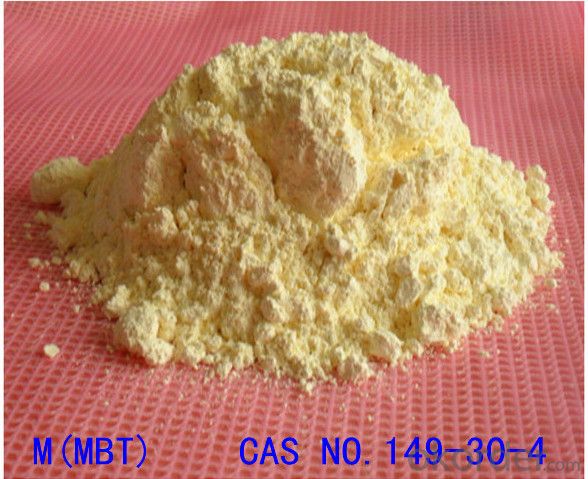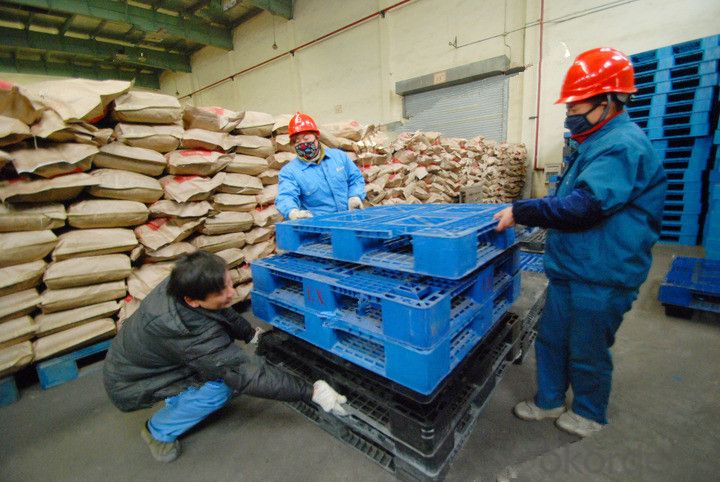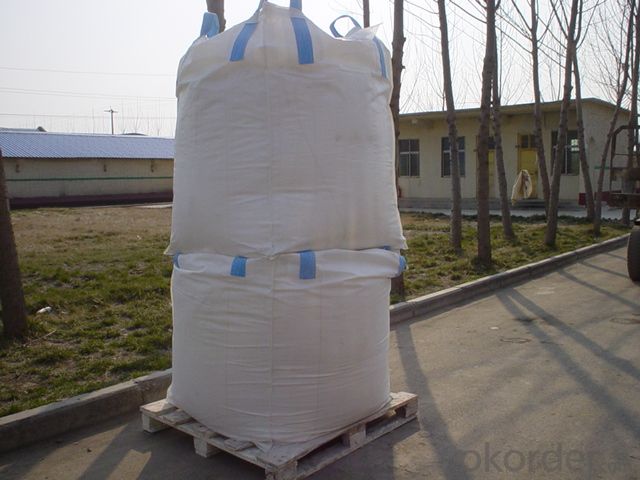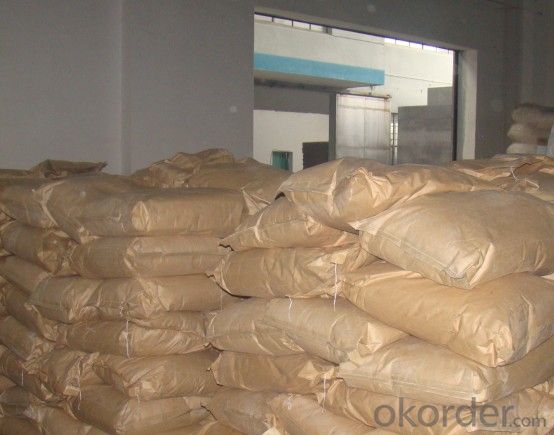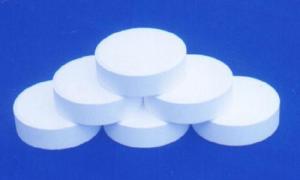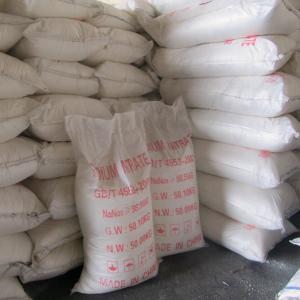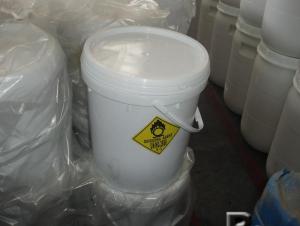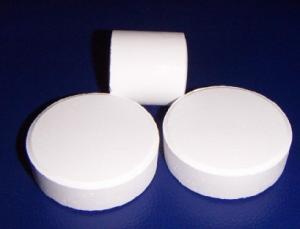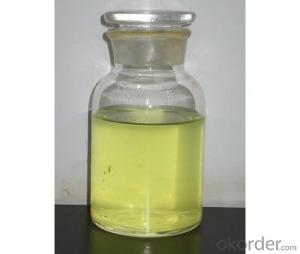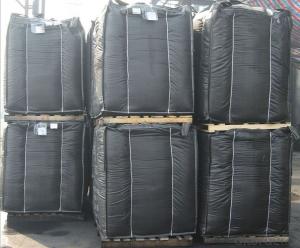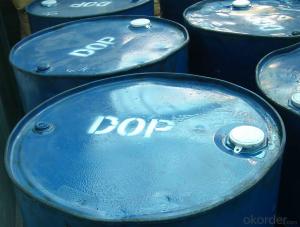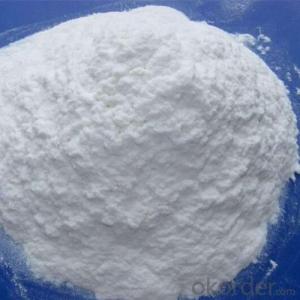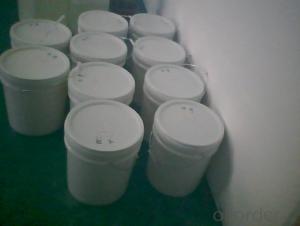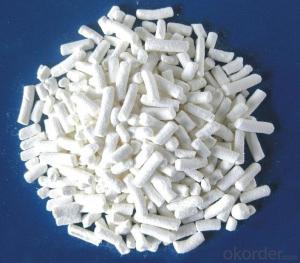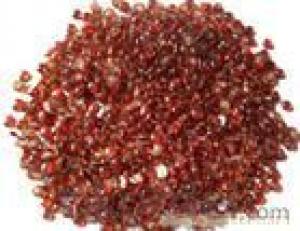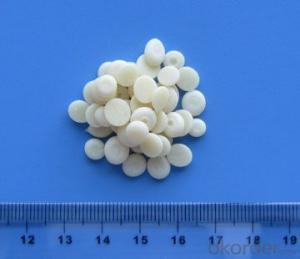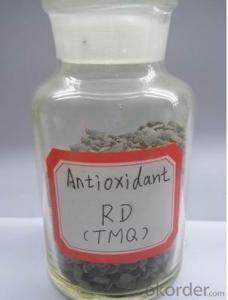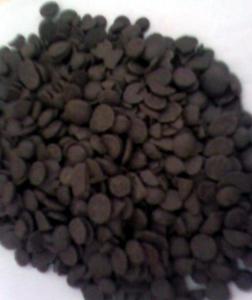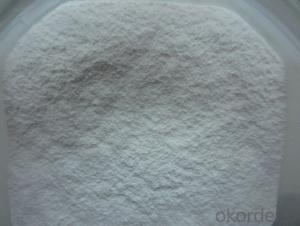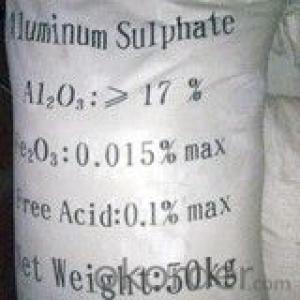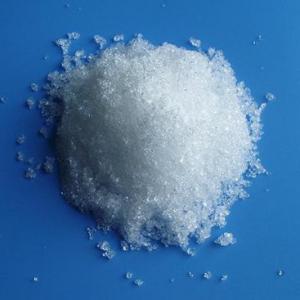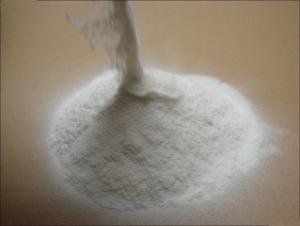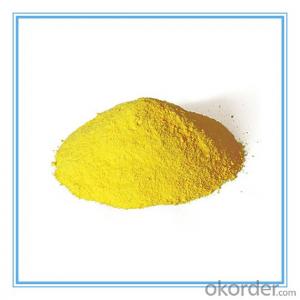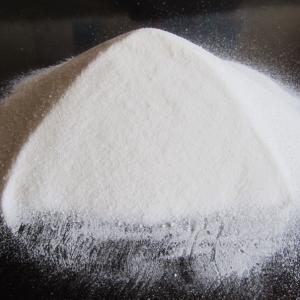Rubber Chemcials Rubber Antioxidant 6PPD 4020
- Loading Port:
- Tianjin
- Payment Terms:
- TT OR LC
- Min Order Qty:
- 25 m.t.
- Supply Capability:
- 12000 m.t./month
OKorder Service Pledge
OKorder Financial Service
You Might Also Like
6PPD 4020
Chemical Name:N-(1,3-dimethylbutyl)-N'-phenyl-p-phenylenediamine
Molecular Formula:C18H24N2
Molecular Weight:268.40
CAS NO.:793-24-8
Executive standard:HG/T 3644-1999
Specification:
| Index |
| |
Appearance |
|
Soften Point,℃ ≥ | 45.0 |
Loss on drying,% ≤ | 0.50 |
Ash,% ≤ | 0.15 |
Assay(GC)% ≥ | 96.0 |
Solidifying Point,℃≥ | 45.5 |
Properties: Dark brown to dark violet pastilles relative density of 0.986-1.00. Soluble benzene, acetone, ethyl acetate, toluene dichloromethane and slightly soluble in ether, do not dissolve in water. Provides powerful and antioxidant properties with excellent high temperature and flex resistance to rubber compounds.
Applications:Include the use in pneumatic,solidtires,beles,hoses,cables,bushings,automotive mounts and general mechanical products that are exposed to continuous and intermittent dynamic operating conditionsand and require protection from coronations.
Packing:Packed in 20kg per bags.
Properties: The product should be stored in the dry and cooling place with good ventilation. The product should be avoid hot sunshine.
- Q: High chemistry: Does the catalyst affect the heat and heat of the reaction?
- No
- Q: When there is a catalyst in the chemical equation, it is not necessary to match the atoms of the catalyst
- The habit of writing is not to write the catalyst involved in the equation, it is usually written in the equation above the equal or below
- Q: What is positive and negative catalyst in chemistry?
- Positive catalyst can speed up the reaction rate, negative catalyst can slow down the reaction rate
- Q: Is the catalyst used in the starch phosphate reaction
- (Cat1, cat2, cat4 and cat5) in the presence of terephthalic acid,
- Q: What is catalyst in Science?
- Like everyone told you, catalysts increases the rate of reaction without being consumed. An easy example to think of is mixing natural gas with air --(CH4 + O2). The minute you mix them they are reacting , releasing CO2 as a byproduct and H2O. But they are reacting very slow. But take a match to that slow reaction and it instantaneously reacts with an explosion. In this case the match was the catalyst. It sped up the reaction without adding anything to the reaction or being consumed
- Q: The concept of catalyst in high school chemistry
- Change "has a double meaning, that is," speed up "or" slow down. "Some students believe that the role of catalyst is to speed up the chemical reaction rate.In fact, the catalyst also has positive and negative points, positive catalyst can speed up the chemical reaction rate, such as Enzymes in the human body can speed up the digestion of food and so on; and negative catalyst can slow down the rate of chemical reactions, such as rubber products in the antioxidant.
- Q: When you write a chemical equation, how do you want to add "catalyst" and "?" When you do not have to write?
- This is the need for your memory, write a few times, will naturally cooked
- Q: Especially how can i explain the experiment with a paper and 2 paperclips with the paper acting as the catalyst.
- A catalyst is something that allows a reaction to occur but is not actually used up in the reaction. It merely provides the surface on which the chemicals react. There is a demo using two paper clips and a piece of paper. The paper is folded and the two clips are attached to the paper. When the free ends of the paper are pulled apart the two paper clips somehow overlap each other and become joined. It is a good demo for a catalyst, but I cannot explain how to fold the paper.
- Q: What is the catalyst called?
- Catalysts induce chemical reactions to change, cause chemical reactions to become faster or slower, or to react chemically at lower temperatures. The catalyst is also known as a catalyst in industry.
Send your message to us
Rubber Chemcials Rubber Antioxidant 6PPD 4020
- Loading Port:
- Tianjin
- Payment Terms:
- TT OR LC
- Min Order Qty:
- 25 m.t.
- Supply Capability:
- 12000 m.t./month
OKorder Service Pledge
OKorder Financial Service
Similar products
Hot products
Hot Searches
Related keywords
